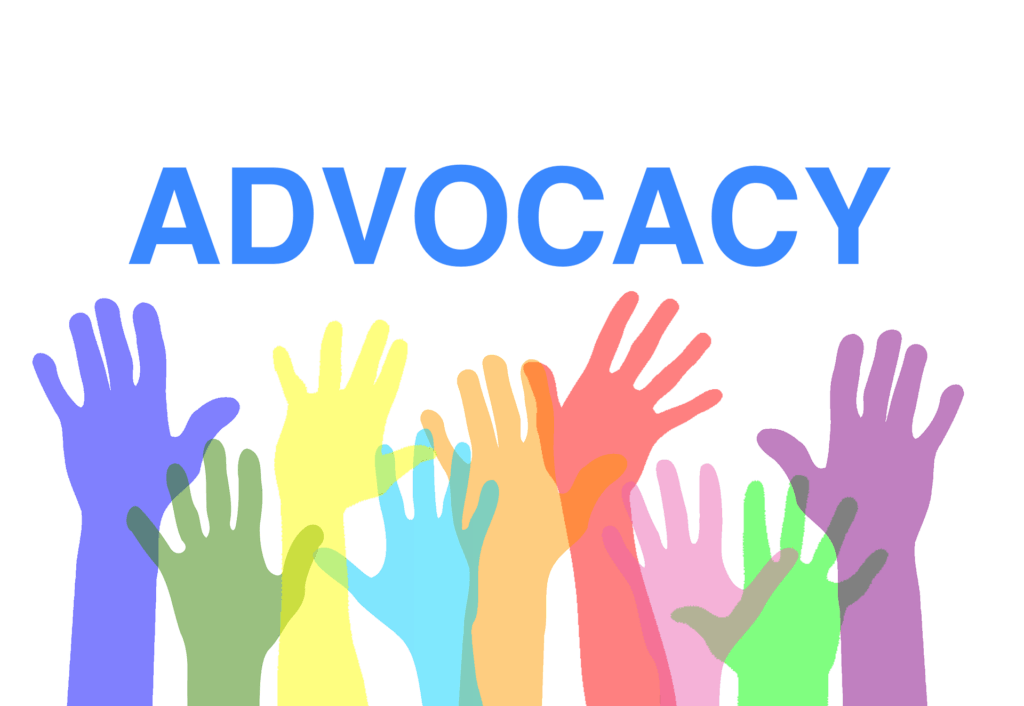The Throughput of Ideas and Why Innovation Depends on Absorption, Not Inspiration.
Some organisations don’t fail because they lack ideas. In fact, this is true for many startups. They fail because they are unable to process the ideas they already have. When we founded Maxwell Investments Group (MIG), we had far too many ideas. And we still do. Each one felt urgent: technology ventures, sustainability initiatives, social enterprises, financial products, tourism collaborations. All of them were good, all of them possible. But if we had chased every one of them at once, MIG would have collapsed under the weight of its own ambition. So we made a difficult choice: to focus. To shelve most of the ideas, not abandon them, but register them and keep them until the company could absorb them. We chose agribusiness as our foundation. It was practical, deeply connected to livelihoods, and gave us a stable base from which to grow. Even now, today today, I keep sketching new ventures and testing side projects, but I’ve learnt to release them slowly, at a pace the organisation can handle. It’s not about stifling creativity; it’s about protecting the current production line. Ideas alone don’t guarantee progress, but executing processed ideas does. What matters isn’t how many ideas you have, but how efficiently your organisation can absorb and execute them. That balance, between creativity and capacity, determines your survival. The Paradox of Plenty could ruin your start, no matter how well you take off. Of course, you need a million other things to also go well, but let’s focus solely on the throughput of ideas for this article. From Ideas to Throughput In MIG’s early years, I believed that creativity itself was progress. If we could dream it, we could make it happen. We still shout “NO LIMITATIONS” at the office. But creativity without control can become destructive. It’s like running too many machines on a single power line; the current drops, and everything flickers. Every organisation has a rhythm, a natural rate at which it can absorb new ideas and transform them into results. Exceed that rate, and progress stalls. That rhythm is what I now call the throughput of ideas. In manufacturing, throughput refers to how efficiently raw materials flow through a production system to become finished products. The same physics apply to strategy and innovation. Every new idea introduced into the system competes for time, attention, and energy. When too many pile up, progress doesn’t speed up; it stalls. The irony is that overload often feels like productivity. Everyone is busy. Whiteboards are full. Meetings buzz with potential. Yet, the busyness hides the truth: little is truly getting done. The real bottleneck in most organisations is its absorption capacity, the ability to turn intention into implementation, not imagination. Creative backlog can be just as dangerous as a production backlog. The Physics of Organisational Capacity Think of your organisation as a production line, except your raw material is human attention. Every new initiative consumes a portion of that finite resource. You can hire more people, but you cannot endlessly multiply focus. Leadership attention is often the tightest bottleneck. Launch too many projects at once, and the very people who need to make decisions are stretched too thin to make any. Systems thinkers refer to this as a capacity constraint. When a system surpasses its processing capacity, each additional input slows down everything else. That’s why large institutions often seem sluggish. It’s not because they lack ideas, but because their internal queues are overloaded. True strategic focus is about matching ambition to available bandwidth, not about shrinking ambition. It’s wiser to complete three strong initiatives than to juggle thirty that remain half-finished. At MIG, I now ask a simple question before approving something new: Can we realistically absorb this without slowing our core operations? If the honest answer is no, the idea goes into what I call the “cooler.” It’s not forgotten; it’s deferred until the system can handle it. The Discipline of Timing A brilliant idea can simply fail because it arrived too soon. Over time, I’ve learnt that innovation is about timing, not just about ideas or effort. The right idea, released too early, can do as much harm as the wrong one. Every organisation has a maximum rate of change. Push faster than people can adapt, and even good initiatives face resistance. The trick is to release ideas only as fast as your organisation can absorb them. This principle, which I call cadence, is the rhythm that unites creative systems. In agriculture, we understand seasons: planting, growth, harvest, rest. In business, the same cycle applies. But many leaders, in their eagerness to show results, skip the fallow period. They plant new initiatives before the old ones have taken root. Pacing innovation is also stewardship. It allows time for learning, feedback, and adaptation. A well-timed idea lands softly, gains traction, and compounds. Maybe, just maybe, patience is the most underrated innovation strategy of all. Building an Idea-Ready Organisation If ideas must be paced, the next question is how to increase the organisation’s capacity to absorb them. At MIG, I have learnt that growth doesn’t simply mean more departments or larger budgets. To me, it means building systems and teams capable of operating semi-independently. When decision-making is decentralised, new initiatives don’t all have to wait for a single executive bottleneck. I am learning to step back for the most part and teaching my team to follow and apply The MIG Way until I am required. That’s what I call building an idea-ready organisation. It’s a company structured for learning and experimentation without losing coherence. Toyota refers to this as ‘Kaizen’, the ongoing, incremental improvement woven throughout the system. Instead of top-down innovation initiatives, every team contributes minor enhancements daily. 3M, an American multinational conglomerate, has the well-known 15% rule, and Google employs the 20% policy. Both operate on the same principle: controlled freedom to explore within defined boundaries. Innovation scales best when structure and culture work together. Our systems must provide clarity, and our culture must provide curiosity. One without the other
The Throughput of Ideas and Why Innovation Depends on Absorption, Not Inspiration. Read More »




